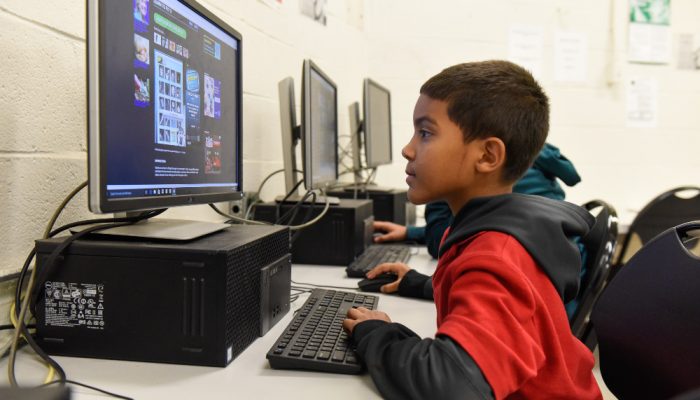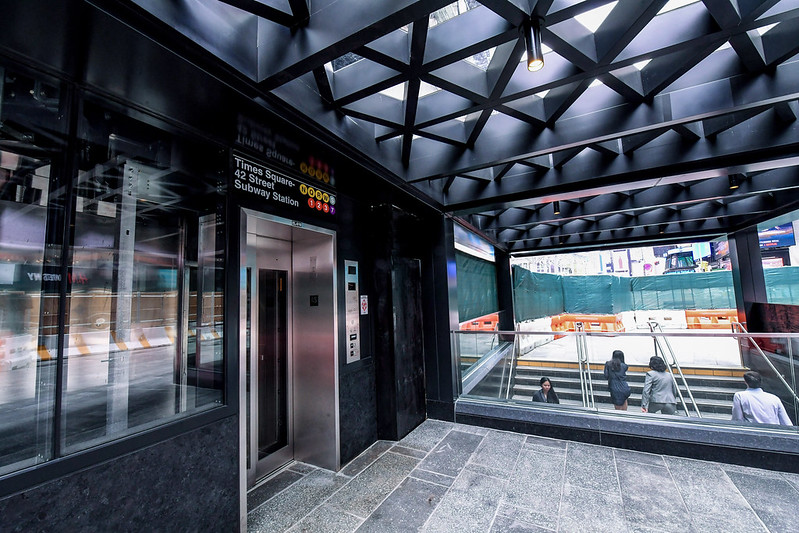
Photo: PHLConnectED Image: City of Philadelphia
Philadelphia to connect low-income families ahead of remote school reopening
11 August 2020
by Sarah Wray
The City of Philadelphia’s US$17 million PHLConnectED programme will provide free Internet service and devices for up to 35,000 low-income households with school-age children.
The initiative is being rolled out rapidly following a July announcement from the School District of Philadelphia that schools will re-open remotely in September and operate virtually until at least November. It is also the initial stage of a broader digital equity initiative from the city.
Labonno Islam from Philadelphia’s Office of Innovation & Technology told Cities Today that 30 percent of K-12 (from kindergarten to 12th grade) households in the city and 20 percent overall don’t have broadband Internet, with black and lower-income families most likely to lack access.
Funding it
The first phase of PHLConnectED will cost US$17.1 million over two years, with US$11 million coming from private and philanthropic organisations including Comcast, William Penn Foundation, Neubauer Family Foundation, Lenfest Foundation and Philadelphia School Partnership. The city is contributing US$2 million from CARES Act funding, and the remaining costs will be shared among the School District, Charter Schools and other schools. Individuals can also donate.
Eligible households will be identified through data gathered by the School District of Philadelphia, the Charter Schools Office and Internet service providers, with priority given to families who do not have any Internet access or only via mobile phone, as well as those who are homeless or housing-insecure.
They will get free wired, high-speed home broadband from Comcast’s Internet Essentials or a mobile hotspot for those who are housing-insecure or need a portable option. Devices such as a tablet or computer will also be provided, alongside free skills training and tech support.
“Our goal is to identify and implement affordable, simple and reliable digital access solutions for all our residents,” said Mayor Jim Kenney. “By focusing on K-12 student households now, we can have an immediate impact in bridging the digital divide, especially to support distance learning for the upcoming school year.”
Comcast is providing US$7 million worth of support for the initiative over two years. Dalila Wilson-Scott, President of the Comcast NBCUniversal Foundation, said: “For more than a decade, Comcast has been dedicated to tackling the digital divide nationally, and here in Philadelphia, with our Internet Essentials programe. From the beginning of the pandemic, we have been working closely with the City of Philadelphia, the School District and others to help create the PHLConnectED programme to accelerate connecting thousands more K-12 students online.
“A problem as vast and complex as this one also requires all of us to work together to ensure these students not only get connected but also stay engaged with distance learning throughout this academic year,” she added.
Days before the announcement was made, protestors had gathered outside Comcast’s headquarters in Philadelphia, calling for better Internet access for learners amid the pandemic.
Closing the digital divide
Tackling the digital divide is not new on the local government agenda but progress has been somewhat slow and patchy. Several North American cities on a recent Cities Today Institute roundtable, including New York, Toronto and Carlsbad, shared how the COVID-19 pandemic is accelerating their plans to get all citizens connected, with many vowing to play a much more active role in the telecom infrastructure market.











